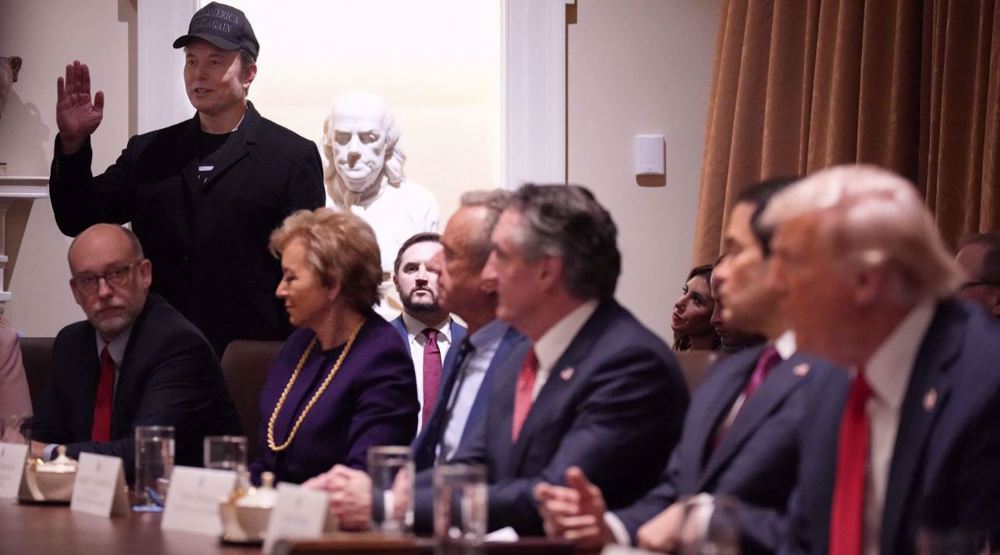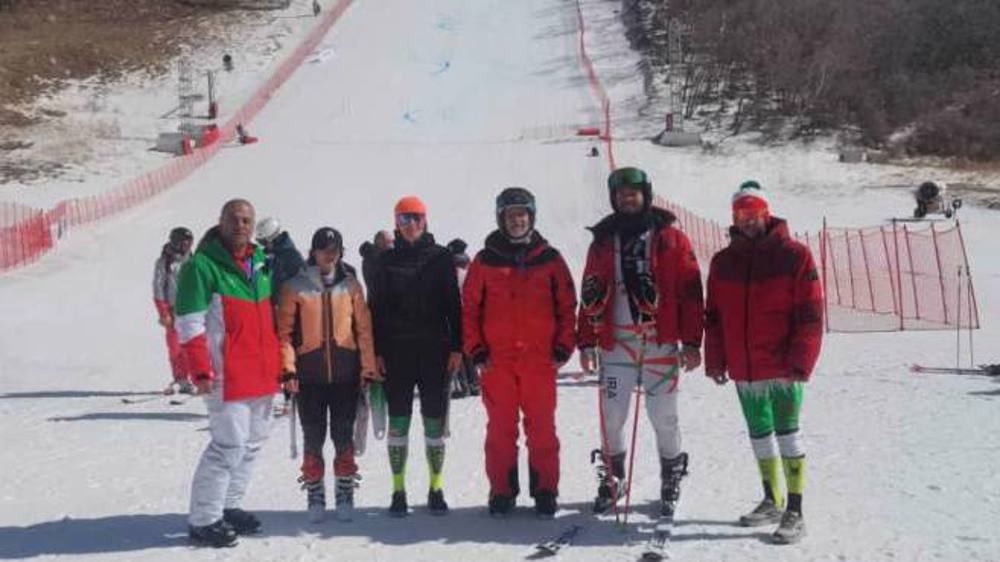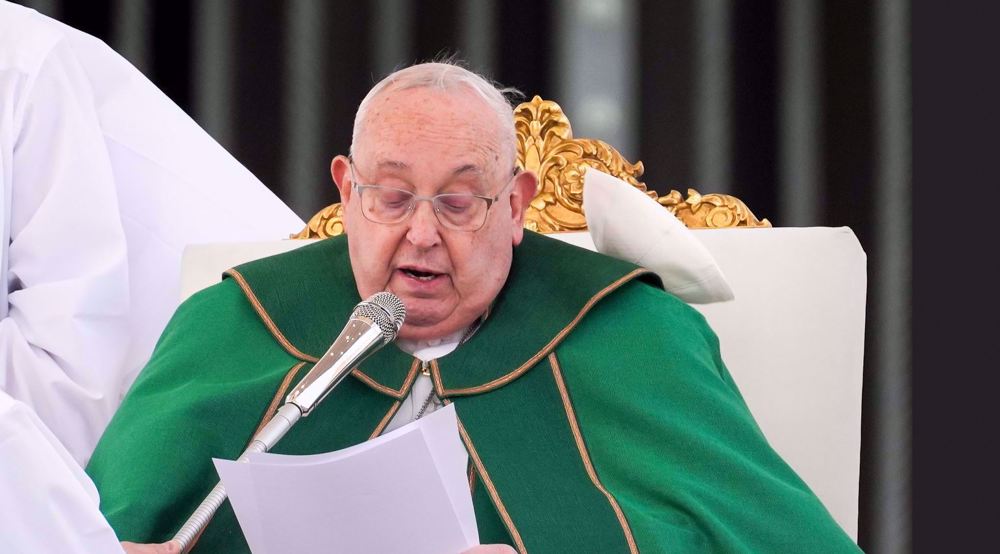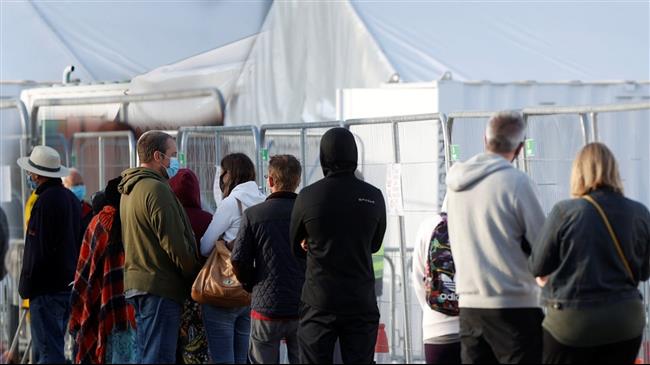UN urges global solidarity, calls pandemic ‘dress rehearsal’ for future challenges
World leaders have expressed concern and voiced grievances about the global status of the coronavirus pandemic, with United Nations (UN) chief Antonio Guterres describing the health crisis as “not only a wake-up call” but “a dress rehearsal” for challenges that the international community may in the future.
Addressing the UN General Assembly on Tuesday, Guterres called for solidarity among world countries at a time when the deadly virus continues to take a heavy toll across the globe and said the UN’s 193 member states should bolster their unity in the face of the disease.
“In an interconnected world, it is high time to recognize a simple truth: solidarity is self-interest. If we fail to grasp that fact, everyone loses,” he said during the Assembly’s virtual summit to mark 75 years since the international body was founded.
“And we must be guided by science and tethered to reality,” Guterres added. “Populism and nationalism have failed. Those approaches to contain the virus have often made things manifestly worse.”
The UN secretary-general characterized the pandemic as “an epochal health crisis” and said the disease had exposed fragilities and inequalities across the globe.
As of Tuesday, there has been more than 31 million cases of the coronavirus disease worldwide, with over 962,000 deaths.
China to share anti-epidemic experience, participate in research
In his speech to the Assembly on Tuesday, Chinese President Xi Jinping said Beijing would continue to share its experience in the fight against the coronavirus disease with the world and actively participate in international scientific research to trace the origin of the coronavirus.
President Xi said countries around the world had to prioritize human lives, and called for a concerted effort to stop the spread of the deadly virus.
“In the face of the COVID-19 outbreak, we should practice the concept to put the people and their lives above anything else. We should mobilize all resources to carry out scientific prevention and control, and adopt targeted policies so as not to miss out any single infected person or give up a single patient, to resolutely contain the spread of the pandemic,” the Chinese president said.
“In the face of the outbreak, we should strengthen solidarity and join hands in the face of the scourge. We should uphold the scientific spirit, give full play to the World Health Organization (WHO)’s key leading role, and promote international joint prevention and control, to resolutely win the global war against the pandemic, with opposition… [to] politicization and stigmatization,” he added.
The Chinese leader also proposed that countries adopt comprehensive and regular measures to fight the pandemic, and show concern and care to developing countries, particularly African states.
Elsewhere in his speech, Xi warned the world not to “politicize” the fight against the coronavirus disease and called for unity among nations. “Facing the virus, we should enhance solidarity and get through this together.”
Xi also said China would contribute another $15 million to a UN fund to fight the coronavirus.
Russia calls for a stronger WHO, hails vaccine
Russian President Vladimir Putin told the General Assembly that the WHO had to be strengthened to coordinate the global response to the pandemic and proposed a high-level conference on vaccine cooperation.
“We are proposing to hold an online high-level conference shortly for countries interested in cooperation in the development of anti-coronavirus vaccines,” Putin said.
Russia was the first country to develop a coronavirus vaccine.
Putin praised Russia’s development of the world’s first coronavirus vaccine and said in his video address to the General Assembly that Russia was open to forming partnerships with other countries to produce the vaccine.
Turkey urges diplomacy with Iran
Turkish President Recep Tayyip Erdogan told the UN General Assembly on Tuesday that dialog and diplomacy had to practices to resolve issues related to Iran’s nuclear program under international law and said all parties had to abide by the 2015 Iran deal.
“We support solving issues regarding Iran’s nuclear program by taking international law into consideration and through dialog and diplomacy,” Erdogan said in his video message.
“I repeat our call for all parties to abide by their responsibilities under the Joint Comprehensive Plan of Action (JCPOA), which provides serious contributions to regional and global security,” he added, referring to the Iran deal.
The United States has unilaterally withdrawn from the deal and has been pressuring other signatories to the agreement with Iran to stop engagement with the Islamic Republic.
Elsewhere in his address, Erdogan also called the Israeli occupation of Palestine a “bleeding wound of humanity,” and slammed the Tel Aviv regime for “policies of oppression, violence and intimidation” against Palestinians.
The Turkish president also derided the recognition of Jerusalem al-Quds as Israel’s “capital” by some members of the international community, most notably the United States.
Europe not to compromise with US over Iran sanctions: Macron
Addressing the UN General Assembly on Tuesday, French President Emmanuel Macron said Europe would not compromise with the US over Washington’s move to reactivate sanctions on Iran, warning that the so-called unilateral “snapback” of the US sanctions would undermine the UN Security Council and ramp up tensions in the Middle East region.
“We will not compromise on the activation of a mechanism that the United States is not in a position to activate on its own after leaving the agreement,” Macron told the UN session by video from Paris.
“This would undermine the unity of the Security Council and the integrity of its decisions, and it would run the risk of further aggravating tensions in the region,” he warned.
Macron underlined that France, along with its European allies Britain and Germany, would keep up its demand for “full implementation” of the Iran nuclear deal.
VIDEO | Press TV's news headlines
VIDEO | Belgian journalist lambastes Israeli aggression against Palestinians
VIDEO | Yemen warns Israel of military response over Gaza aid block
Israel's ‘internal security agency’ acknowledges failure to prevent al-Aqsa Storm
Russia: Threats of using military force against Iran’s nuclear sites ‘unacceptable’
VIDEO | Ramadan in Iran
VIDEO | Trump's controversial moves
VIDEO | Yemen downs 15th sophisticated American drone; vows to keep up support for Gaza, Lebanon



















 This makes it easy to access the Press TV website
This makes it easy to access the Press TV website